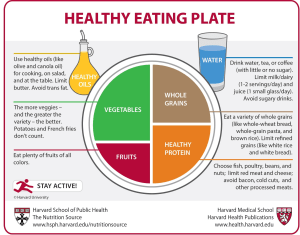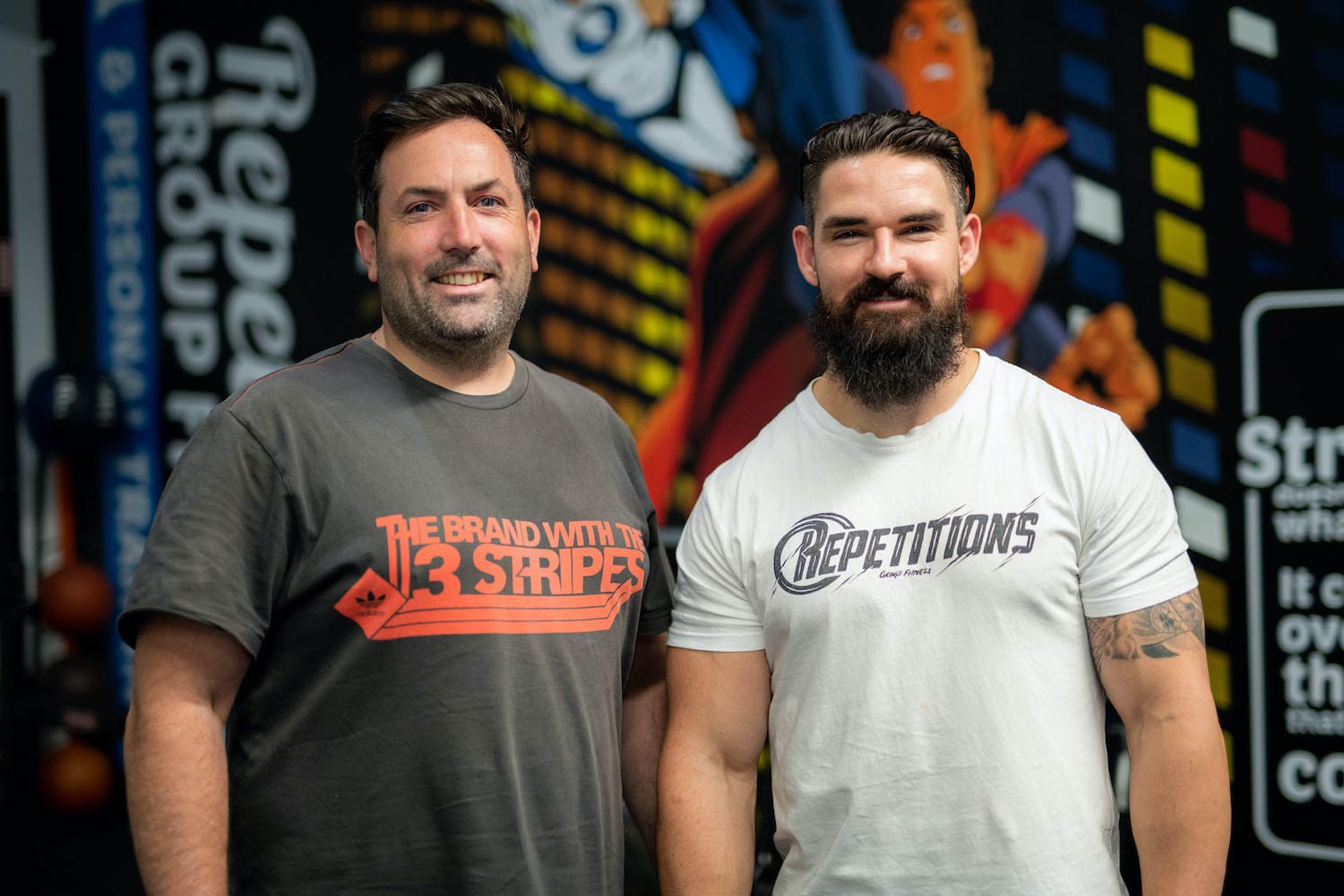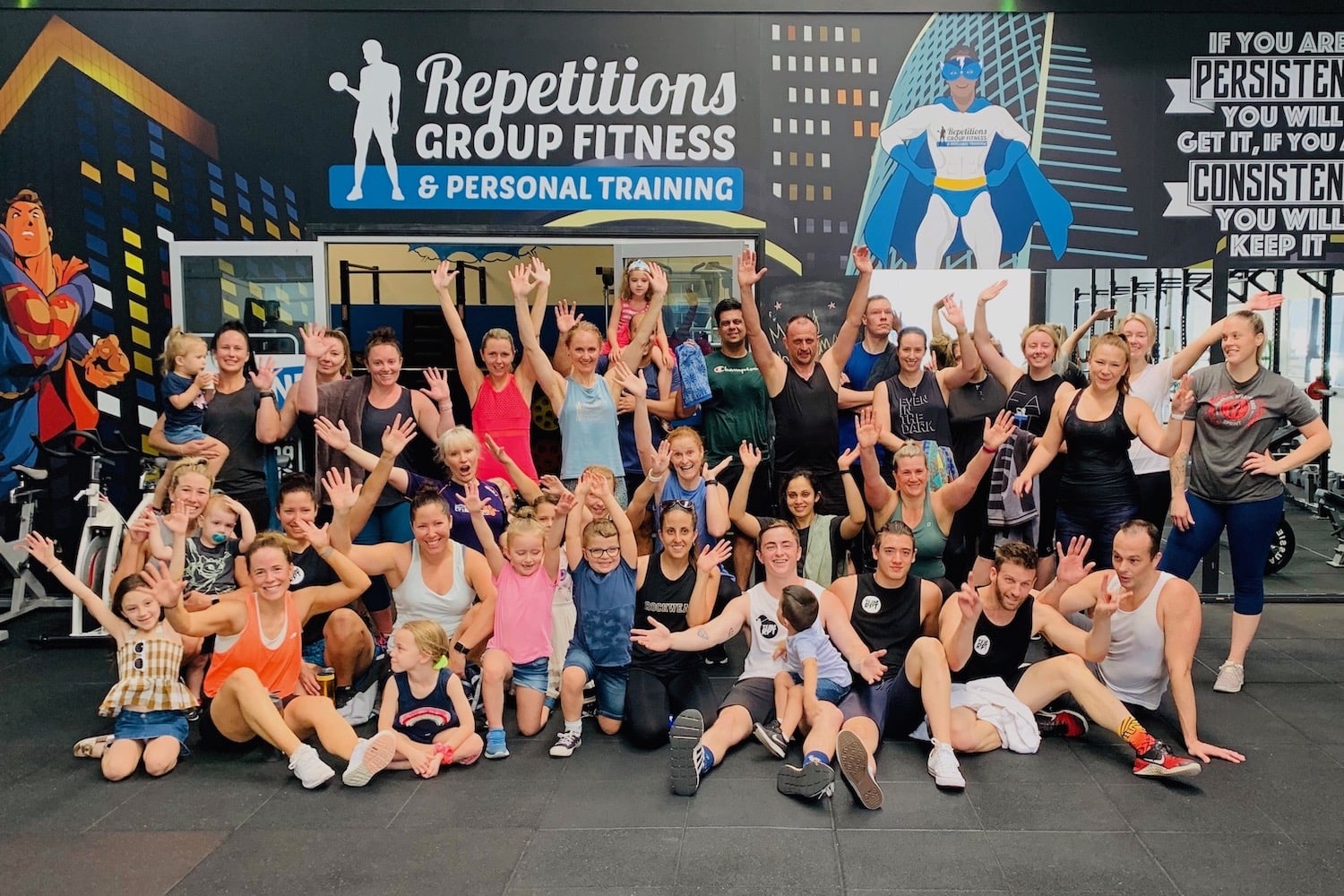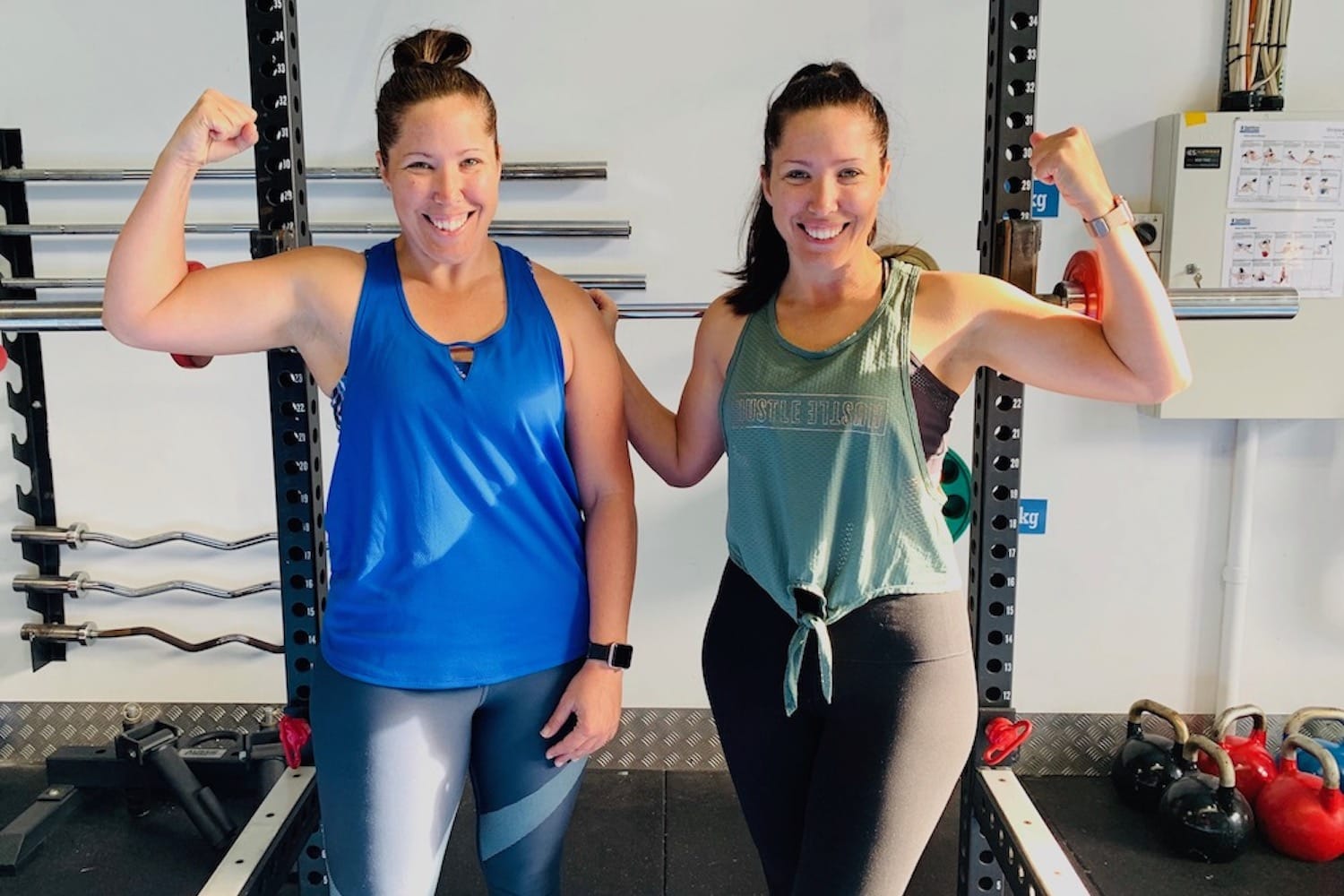What to eat before and after exercise!!
For those of you who couldn’t make our presentation last Friday night, here is a summary of the things that we discussed. We will be holding regular presentations each month, so if you have any questions that you would like answered feel free to email [email protected] with your question or simply ask a trainer at your next session 🙂
Macronutrients
Protein – Protein is what helps build your muscles. Foods which are rich in protein are: Eggs, Chicken, White Fish, Red meat, Tofu.
Carbohydrates – Main Fuel source for the body. Foods which are high in carbohydrates are: Whole grains, brown rice, oats, sweet potatoes.
Fats – Secondary Fuel source for the body, help improve immune function. Foods which are high in fats are: Avocado, Nuts, Seeds, Salmon, Olive Oil.
Micronutrients
Vitamins and Minerals – Diets which are rich in fruits and vegetables are generally rich in vitamins and minerals. It is important to make sure that you eat enough fruits and vegetables particularly leafy green vegetables to ensure that your body can function at its optimal level. Most Vegetables are also low in calories, therefore if you are looking to lose weight. Make sure you fill up on vegetables. Your dinner plate should resemble something similar to this picture below.
|
|
So What should you eat before exercise?
The answer is not necessarily a straight answer, as it can often depend on the type of training that you will be performing. Generally speaking though you will want to consume some form of carbohydrates before training. Aim to eat this 1-4 hours prior to exercise, if you are planning on doing an intense cardio based session. You will want to give it at the very least an hour and a half.
Choose easy to digest low GI carbohydrates.
Low in fat, fibre and protein.
Eg. Banana, Low fat yoguhurt, 1 cup of cereal/oats
It is a myth that training on an empty stomach burns more fat!!
What should you eat after exercise??
Always have a high quality protein snack available for your post workout nutrition. Try to consume this within half an hour of training.
Eg. Egg whites, omellette, Tuna salad, whey protein smoothie.
Quantities will vary depending on the size of the individual and the type of training performed.
Practical solutions
If you train early in the morning and don’t have time to wake up early and eat prior to exercise, you can slightly increase your carbohydrate intake the night before.
If you come to training in the evening straight from work, keep some dried fruits in the glove box of your car.
Training at night or in the morning go home and have dinner or breakfast straight after training.
If you don’t have time to eat straight after a session and need to rush off, bring a protein shake with you.




